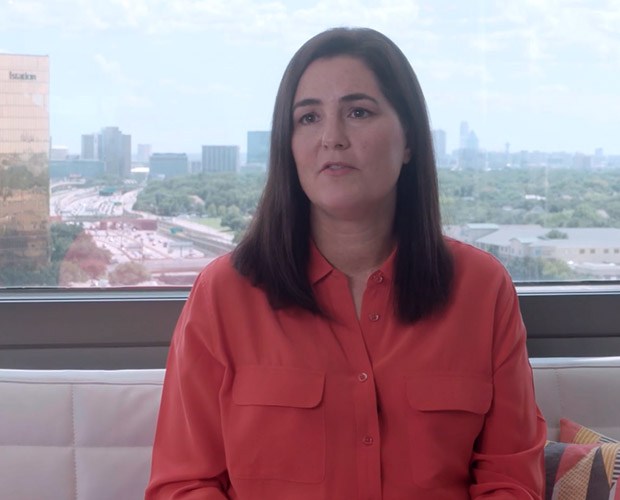DALLAS, Oct. 30, 2017 (GLOBE NEWSWIRE) — Mandy Ginsberg, CEO Of Match Group, has partnered with the AiRS Foundation to shine a light on a special issue related to breast cancer that is personally significant to her: reconstructive surgery after mastectomy. Ginsberg had a preventative mastectomy shortly after her 40th birthday after she tested positive for the BRCA1 gene. She has partnered with the AiRS Foundation, a 501(c)(3) non-profit organization that is dedicated to raising funds to help women with the costs associated with breast reconstruction after mastectomy, as well as connecting them with doctors that can help them, to help spread awareness.
A video accompanying this announcement is available bellow:
“There are so many organizations out there that raise money for research and prevention but there’s not organizations out there that really help women after cancer or after a mastectomy, and that’s what makes AiRS so special,” explains Ginsberg, who is currently the CEO of Match Group Americas and will assume her role as CEO of Match Group on January 1, 2018. “They help women with the entire process of healing, and part of that healing is reconstruction.”
Restorative breast surgery is a vital part of total physical and emotional healing for many breast cancer survivors, yet many who desire it don’t have sufficient financial resources and may not understand what options are available to them. Educating women pre- and post-mastectomy is of particular importance. Up to 70 percent of women diagnosed with breast cancer are unsure of or unaware of their reconstruction options, or are unable to pay for reconstruction.
“We at the AiRS Foundation are sincerely grateful to Mandy Ginsberg for not only supporting the AiRS Foundation, but also for detailing her personal journey with mastectomy and breast reconstruction,” explains Morgan Hare, co-founder and Board Member of The AiRS Foundation. “Her testimony and understanding helps explain the issues women face and the important mission of AiRS to support low-income women who do not have the financial resources for this final step in recovery.”
